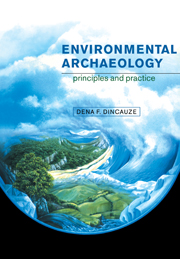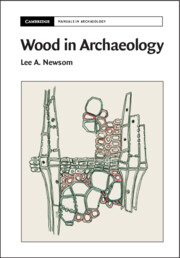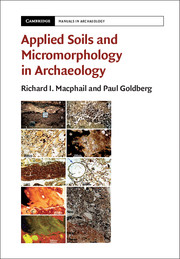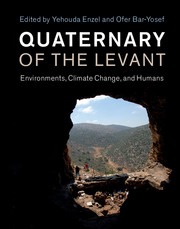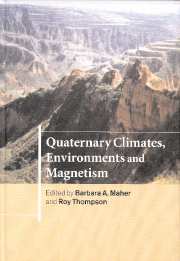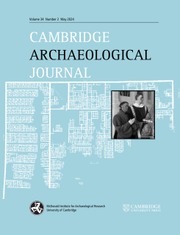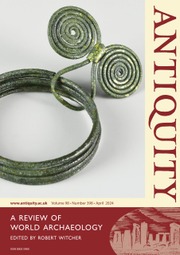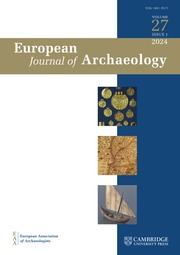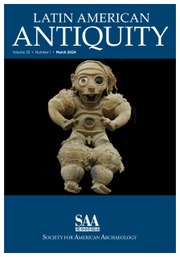Environmental Archaeology
Archaeologists today need a wide range of scientific approaches in order to delineate and interpret the ecology of their sites. Dena Dincauze has written an authoritative and essential guide to a variety of archaeological methods, ranging from techniques for measuring time with isotopes and magnetism to the sciences of climate reconstruction, geomorphology, sedimentology, soil science, paleobotany and faunal paleoecology. Professor Dincauze insists that borrowing concepts from other disciplines demands a critical understanding of their theoretical roots. Moreover, the methods that are chosen must be appropriate to particular sets of data. The applications of the methods needed for an holistic human-ecology approach in archaeology are illustrated by examples ranging from the Paleolithic, through classical civilizations, to recent urban archaeology.
- Incorporates all the ancilliary sciences used by archaeologists in analysing paleoenvironments and intended as a general reference
- Key text for undergraduate and graduate students in environmental archaeology, which is taught in all major archaeological courses
- Maintains human ecological perspective throughout
Reviews & endorsements
'The text is comprehensive ... as an overview of many aspects of environmental archaeology and related subjects it is hard to beat.' Hannah O'Regan, The Palaeontological Association Newsletter
'In short, any archaeologist who seeks to place their cultural studies into an environmental context should read this book, regardless of whether they are practising environmentalists or not.' Adam Gardner, The Holocene
Product details
August 2000Paperback
9780521310772
620 pages
247 × 176 × 37 mm
1.223kg
23 tables
Available
Table of Contents
- Part I. Introduction:
- 1. Environmental archaeology and human ecology
- 2. Concepts for paleoenvironmental reconstruction
- 3. Mechanisms of environmental change
- 4. Human responses to environmental change
- Part II:
- 5. Introduction to chronometry and correlation
- 6. Measuring time with isotopes and magnetism
- Part III:
- 7. Climate: the driving forces
- 8. Climate reconstruction
- Part IV. Geomorphology:
- 9. Landforms
- 10. Landforms of shores and shallow water
- Part V. Sediments and Soils:
- 11. Basic principles of sedimentology and soils science
- 12. Archaeological matrices
- Part V. Vegetation:
- 13. Concepts and methods of paleobotany
- 14. Vegetation in paleoecology
- 15. Concepts and methods for faunal paleoenvironments
- 16. Faunal paleoecology
- 17. Humans among animals
- Part VIII. Integration:
- 18. Anthropocentric paleoecology.

